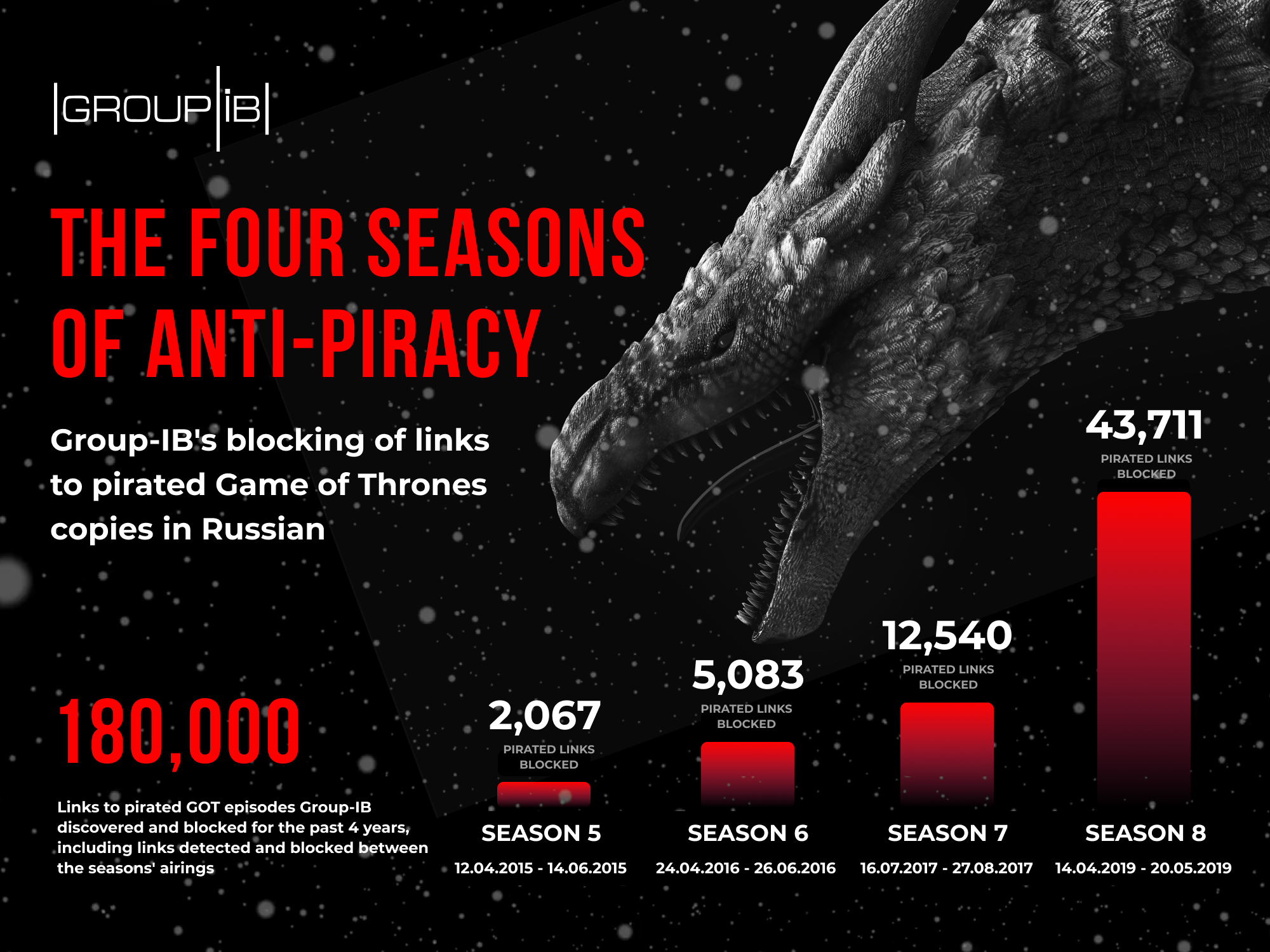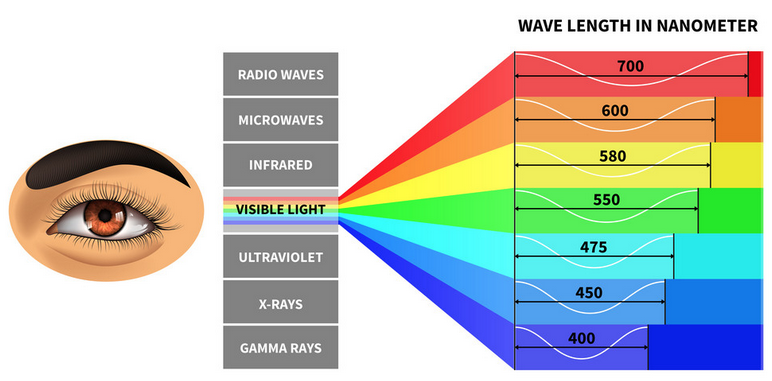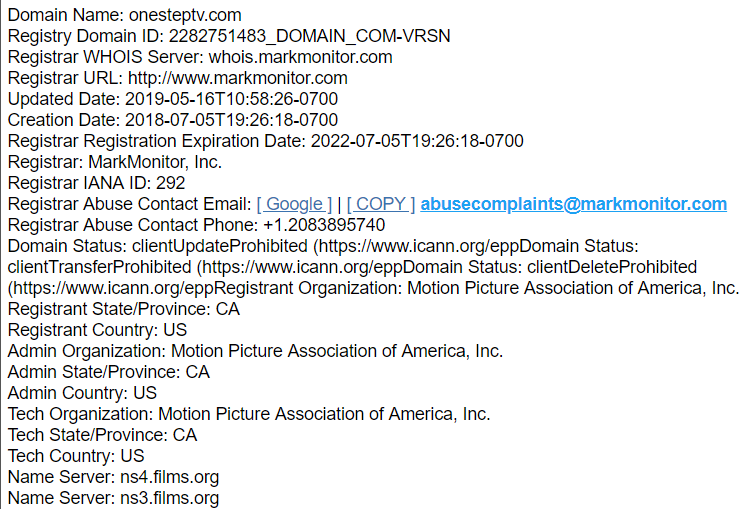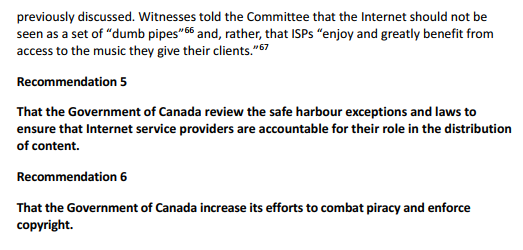
There have been many stories published about Game of Thrones, mostly due to its massive viewing figures.
However, the now-concluded show wasn’t always viewed on legitimate platforms, something which made it the most-pirated show in TV history.
While breaking records on all platforms is something that many shows will settle for, behind the scenes there’s a constant battle against piracy. Over in Russia, that task has fallen to anti-piracy company Group-IB.
After working on behalf of streaming service Amediateka, which has held the exclusive distribution rights to Game of Thrones in Russia since April 2015, Group-IB has today revealed some of the facts and stats from its four-year campaign.
The headline figure is that since the launch of Season Five, Group-IB has carried out successful takedowns against 180,000 links to illicit copies of the show on websites, forums, and social media.
As the infographic below shows, enforcement was something of a crescendo, growing rapidly as the seasons progressed (bars represent takedowns during the seasons’ airings).

During Season 8, Group-IB’s team took down more than 43,700 links to pirated versions of the show in Russian.
While that’s a large number of takedowns in itself, those were spread far and wide, spanning 1,098 different websites. More than 90 of those sites were designed specifically to spread pirated copies of the show.
Like all takedown campaigns, Group-IB also placed an emphasis on removing links to pirated copies of the show from search engines. Yandex is Russia’s most popular portal so it’s no surprise it chose to focus there.
The company reports that more than 30,000 links were removed from the search engine. Group-IB informs TF that they were all links to streaming websites but also of interest was the pirates’ response to those takedowns.
According to the anti-piracy company, the operators of the sites were unprepared for their links to be removed from Yandex, so began taking counter-measures by duplicating their platforms to ensure a new search engine listing.

“In response to the blocking, online pirates struck back by creating mirrors on a daily basis – copies of their websites with new but very similar domain names. For instance, one of the pirates created more than 20 mirrors on their subdomains,” Group-IB reports.
“However, according to the pirates’ forum posts, the owners of pirate websites were not ready for the ‘attack’ on them: ‘Looks like somebody just wiped the links out. Some of the pages disappeared… some of them do not appear in search results’,” Group-IB reports, citing the operators’ comments.
The anti-piracy campaign also targeted social media and by default VK.com, Russia’s largest social networking site. Interestingly, after filing numerous complaints with VK, some of the groups on the platform reportedly decided to go straight, converting from places to host pirated videos to become Game of Thrones fan pages.
“Group-IB Anti-Piracy team filed many takedowns through VK moderators who forced the groups’ owners to remove infringing content,” the company informs TF.
“The groups which kept publishing pirated content despite the warnings from VK were banned. Others, which removed the infringing content, turned into fan pages so as not to lose traffic that can be converted to advertising revenues.”
Finally, some thoughts from Andrey Busargin, Director of Anti-Piracy and Brand Protection at Group-IB.
“For us the battle against online pirates, trying to profit off the illegal distribution of the Game of Thrones in Russian, was as fierce as for George R.R. Martin’s characters,” Busargin says.
“I would also like to highlight Amediateka’s commitment to counter online piracy in Russia: they brought in Group-IB Anti-Piracy team ahead of time and have been making continuous efforts to popularize legal viewership of the Game of Thrones making it available on its website, in movie theaters all over the country and even on the stadium.”
While there will always be historic GoT links to clean up, Group-IB also protects other titles, including True Detective, Billions, The Good Wife, and Westworld. Game of Thrones may be over, but the takedown work will persist for years to come.
Source: TF, for the latest info on copyright, file-sharing, torrent sites and more. We also have VPN reviews, discounts, offers and coupons.


 This week we have three newcomers in our chart.
This week we have three newcomers in our chart.






 To most people in the West, Egy.best may not ring a bell, but in Arabic speaking countries, it’s been a piracy beacon for years.
To most people in the West, Egy.best may not ring a bell, but in Arabic speaking countries, it’s been a piracy beacon for years.

 Copyright enforcement on YouTube is a growing source of frustration, particularly the overbroad takedown efforts.
Copyright enforcement on YouTube is a growing source of frustration, particularly the overbroad takedown efforts.





 The Canadian Government is currently exploring if and how the current Copyright Act should be amended to better fit the present landscape.
The Canadian Government is currently exploring if and how the current Copyright Act should be amended to better fit the present landscape.